The appliance of science and many more of our remarkable feats of innovation


Some of those people are commemorated and along their quests and successes are well recounted.
Others are less celebrated and sadly, there are a few who seem to have been almost completely forgotten.
Advertisement
Hide AdAdvertisement
Hide AdTake a stroll through Belfast’s Botanic Gardens, outside the Ulster Museum, and you’ll find a magnificent monument to Belfast-born scientist and inventor William Thompson, better known as Lord Kelvin, the genius-mind behind the Kelvin Scale for temperature measurement and much more besides.
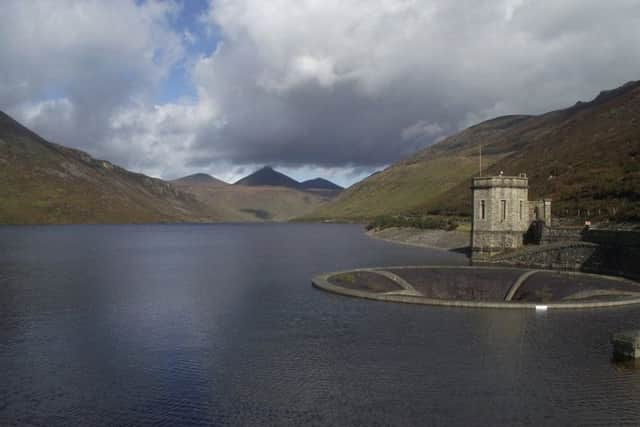

Astrophysicist Dame Jocelyn Bell Burnell from Lurgan was instrumental in the discovery of the first radio pulsars in the late 1960s, a remarkable finding considered to be one of the most significant scientific breakthroughs of the 20th century.
Portable defibrillators, the brainchild of inventor, physician and cardiologist Professor Frank Pantridge; ejector seats, a Martin-Baker Aircraft Company innovation; the Harry Ferguson tractor, a game-changer for agriculture, and the list goes on and on.
Today, forward-thinkers continue to innovate in educational institutions, industries and scientific institutions across Northern Ireland.
Advertisement
Hide AdAdvertisement
Hide AdThey push the boundaries of technology, champion feats of modern engineering and work on the frontlines of cutting-edge research in medicine.
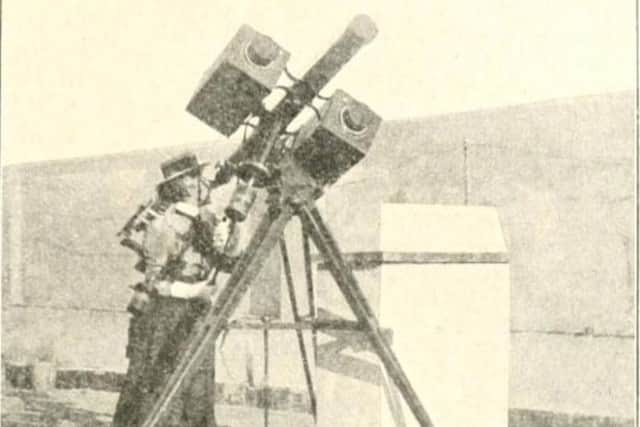

Since 2015, the annual NI Science Festival has provided a platform to celebrate these and other pioneers of science, technology, engineering and mathematics.
Now in its fifth year, the festival has gone from strength-to-strength and is widely regarded as one of the foremost festivals of its kind.
Renowned scientists, entertainers, researchers, authors and innovators will descend on Belfast, Londonderry and other locations around Northern Ireland later this month when the festival returns for 2019.
Advertisement
Hide AdAdvertisement
Hide AdThe programme is packed with almost 200 events taking place over 11 days from tomorrow until February 24.
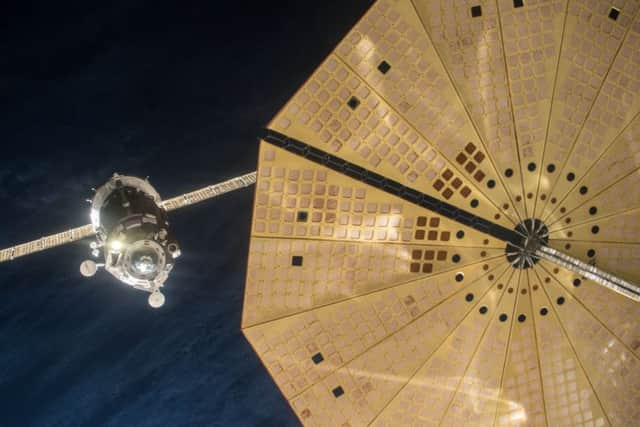

There’s a breathtakingly wide range of workshops, talks and interactive activities for young people, parents and schools, coupled with an assortment of debates, talks, theatre, music and film, all making the extraordinary accessible within STEM (Science, Technology, Engineering and Mathematics) for festival-goers.
In a year of scientific and technological anniversaries the 2019 festival coincides with 30 years of the internet, 50 years since the moon landing and 150 years of the periodic table.
Among this year’s highlights are an audience with Professor Brian Cox at the SSE Arena (February 15); Sarah-Jayne Blakemore presents her award-winning book The Secret Life of the Teenage Brain (February 17); and The Problem with Plastics with Liz Bonnin (February 24).
Advertisement
Hide AdAdvertisement
Hide AdLater in the month, the spacecraft Soyuz TMA-19M which transported the UK’s first European Space Agency astronaut Major Tim Peake to and from the International Space Station (ISS) will be on display at the Ulster Folk and Transport Museum.
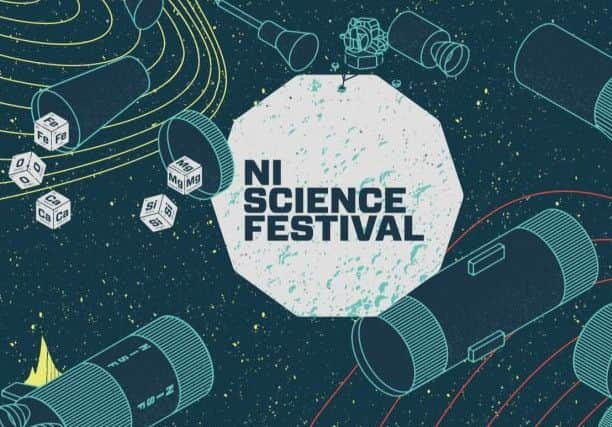

Notable events with a distinctly Northern Ireland connection explore the early cultivation of exotic fruits in the grounds of Hillsborough Estate; the life and work of the Strabane-born astronomer and mathematician Annie Maunder, and the amazing feats of engineering behind the Silent Valley Dam.
In the Georgian period the pineapple was the ultimate symbol of wealth and power, found on the most fashionable dining room tables of the era.
Wills Hill, the First Marquess of Downshire, was swept up in the craze for pineapples. He created one of the earliest ‘pineries’ in Ireland in the grounds of his Hillsborough estate.
Advertisement
Hide AdAdvertisement
Hide AdThrough the remarkable skill of his gardeners he was able to cultivate this tropical fruit within the limited means of the time.
Dr Johanna Lausen Higgins, Lecturer at Royal Botanic Garden Edinburgh, will uncover the fascinating history of the pineapple and its early cultivation in UK and Ireland. Her presentation entitled Pineapple Mania at Hillsborough Castle takes place on Saturday, February 16 (11.00 to 12.00) at The Courthouse, Hillsborough Castle.
The Belfast Natural History and Philosophical Society continues its annual series, this time outlining the extraordinary life and scientific work of Annie Maunder.
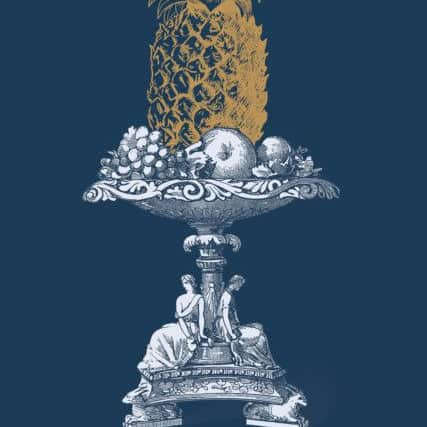

Born in Strabane in 1868, Annie Maunder revolutionised our understanding of solar astronomy by discovering the butterfly diagram and paved the way for future generations of women researchers.
Advertisement
Hide AdAdvertisement
Hide AdFacilitated by Professor Silvia Dalla, a solar physicist at the University of Central Lancashire and an expert on the work of Maunder, this talk is an opportunity to learn about an exceptional scientist from Ulster and more about our nearest star, the sun.
Spots and Butterflies on the Sun - Solar Astronomer Annie Maunder takes place on Saturday, February 16 (14.15 to 15.15) at The Old Museum Building, College Square North, Belfast.
On Wednesday, February 20 renowned Chartered Engineer Dr Philip Donald will provide a unique insight into the engineering triumph of the Silent Valley Dam.
In 1800, Belfast had a population of 20,000 residents. By 1900, this had increased to 350,000 people.
Advertisement
Hide AdAdvertisement
Hide AdCivil engineer L Livingston Macassey designed and built reservoirs above Carrickfergus and Lisburn but by 1890 Belfast was running short of water.
Dr Donald explores how this resulted in the construction of the spectacular Silent Valley Dam, in the Mourne Mountains, and the problems its engineers had to overcome to secure the water supply that we rely on today.
For more information about NI Science Festival events and to purchase tickets, visit nisciencefestival.com also on Facebook and Twitter.